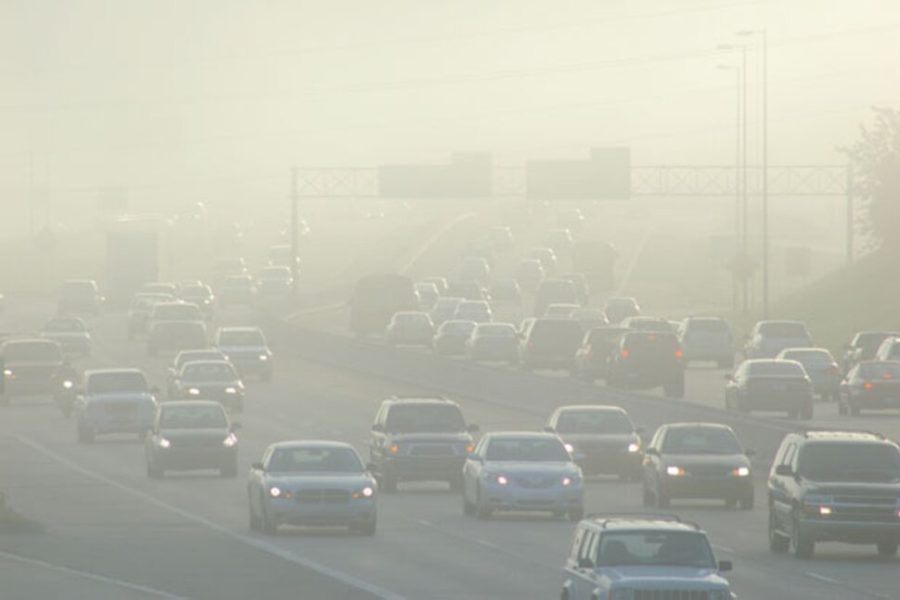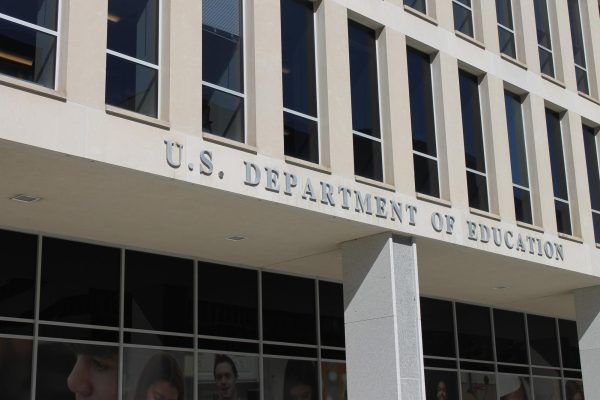Governor Wolf Issues Executive Order Addressing Environmental Justice in Pennsylvania
Under the Environmental Rights Amendment to the Constitution of the Commonwealth of Pennsylvania, “people have a right to clean air, pure water, and the preservation of the natural, scenic, historic, and esthetic values of the environment.”
Unfortunately, this right has not always been secured for all Pennsylvanians. Currently, low-income communities and communities of color are disproportionally impacted by environmental issues such as pollution, bearing the brunt of environmental problems while rarely receiving environmental benefits.
The environmental problems faced by these marginalized communities often lead to health issues in their residents. Here in Pennsylvania, health issues stemming from lead contamination and hydraulic fracking are common ailments in impacted communities.
Chester, a small city in Delaware County, is one of the most egregious examples of environmental injustice and environmental racism. Chester’s predominantly African American population lives in a town bloated with waste disposal facilities, power plants, chemical manufacturing plants, and a swathe of other facilities – all of which pollute their surroundings.
Air pollution, which afflicts Chester due to its saturation of facilities, can lead to significant adverse health consequences. Pollutants known as particulate matter, which are small, microscopic particles, can damage the lungs and the cardiovascular system and cause premature death in people with preexisting heart and lung conditions, such as aggravated asthma or an irregular heartbeat. Nitrogen oxides, another air pollutant, can lead to bronchitis and emphysema, even in periods of short exposure, and exposure to sulfur dioxide, yet another pollutant, is related to respiratory problems.
Due to the impact air pollution has on health, Chester residents have faced a slew of medical issues. A 2010 data analysis by the Center for Excellence in Environmental Toxicology at the University of Pennsylvania revealed that 38.5% of kids in Chester have asthma, almost quintuple the national average, as well as 25% of Chester adults. People living in Chester also have an increased likelihood of lung and ovarian cancers and of death by stroke or heart disease compared to their cohorts in the rest of Delaware County.
The dire situation in Chester is but one example of environmental injustice in the Keystone State.
However, on October 28, 2021, Governor Tom Wolf of Pennsylvania issued an executive order that aims to uphold environmental justice in the Commonwealth of Pennsylvania.
Environmental justice refers to the goal of a fairer and more even distribution of environmental impacts amongst the population.
Governor Wolf’s executive order seeks to remedy environmental inequity through permanently establishing the Office of Environmental Justice within the Department of Environmental Protection. The responsibilities of the Office of Environmental Justice entail working with the Department of Environmental Protection to integrate environmental justice in their activities, publishing an Environmental Justice Strategic Plan (EJ Plan), every five years, and developing a comprehensive Environmental Justice Policy, amongst other duties.
The EJ Plan will “include recommendations for advancing Environmental Justice, focusing attention on the environmental and public health issues and challenges confronting the Commonwealth’s minority and low-income populations,” according to the executive order.
The executive order also formally establishes the Environmental Justice Advisory Board and the Environmental Justice Interagency Council.
Governor Wolf’s order has received support from State Representatives Donna Bullock, Chris Rabb, and Malcom Kenyatta of Philadelphia County and State Senator Vincent Hughes, who represents the seventh senatorial district of Pennsylvania. These officials have introduced bills that would bolster Governor Wolf’s executive order through actions such as codifying the Office of Environmental Justice and the Environmental Justice Advisory Board.
Mr. Ryan Walsh, the AP Environmental Science and Environmental Sustainability teacher here at CB South, said of the executive order, “It’s about time they set this up. This should have been done years ago.”
From this executive order, Mr. Walsh hopes to see “less disparity, foremost, and more opportunities for those in those neighborhoods” and for pressing environmental justice issues in Pennsylvania, such as “the lack of trees in urban areas and the lack of supermarkets and things like that with healthy alternatives for food in poor areas,” to be addressed.
“It’ll be interesting to see if this holds up after whoever the next governor’s going to be next year, in the next election,” he commented.









Julia Schofield • Nov 15, 2021 at 12:28 pm
This is amazing and very important to talk about. I’m using this in my journalism class rn